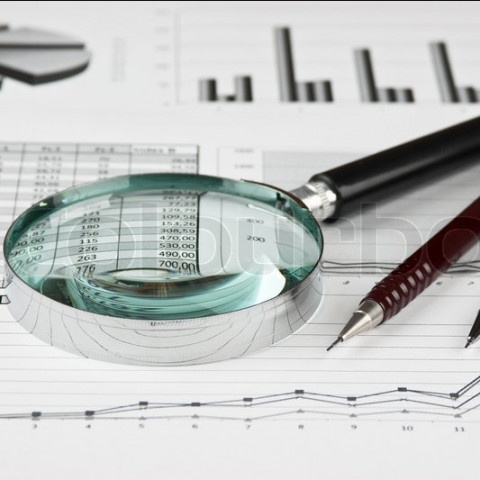Town hall snoopers obtained the details of more than 270,000 motorists from the DVLA number plates database last year in a bid to trap people for 'environmental crimes' and not car registration related crimes.
The officials wanted to link car number plates owners via their normal and cherished number plates to offences such as littering, dog fouling and noisy stereos.
Critics say the scale of the inquiries is a 'terrifying' example of the lurch towards a Big Brother society.
Councils were originally given 24-hour access to the DVLA's huge car registrations database of vehicle registration marks, via a computer link called the Web Enabled Enquiry System (WEES), to make it easier to trace the owners of abandoned cars.
But a document produced by the Department for Environment, Food and Rural Affairs reveals this access has recently been 'enhanced' to allow authorised council staff to police environmental crimes.
The DVLA number plate spokesperson said WEES was accessed last year by a total of 271,563 by local councils - at the rate of more than 700 checks every day.
North Cornwall District Council used the system in an attempt to trace somebody suspected of horse fouling. Test Valley Council in Hampshire used it in a graffiti inquiry, while Chorley Council in Cheshire used it to check on the owner of a car leaking petrol in a car park.
Bexley Council in London checked the system 44 times last year to trace people illegally advertising cars for sale in the street. Other councils have used the system in an attempt to trace the owners of out of control dogs, bogus callers and benefit cheats.
In some cases, officials use the system to obtain the details of people who have been spotted by council staff committing an offence.
But it can also be used to check tips from members of the public, who take down a car registration number plate after spotting litter being thrown from the window, or an owner letting a dog out of the car and not clearing up any mess.
Shadow Local Government Secretary Eric Pickles said: 'State intrusion is becoming the norm not the exception as we witness the slow death of our privacy.
'We never condone breaking the law and recognise the need for tough measures to tackle the wave of violent crime and non car registration crime sweeping the country. What we don’t need is the systematic abuse of state powers by town halls - there must be a proportionate use of powers that fit the offence'.
Phil Booth, of the NO2ID campaign, said of the DVLA number plate and car registration database: ' This is incredible and terrifying. What we are seeing are powers which are brought in for one purpose being abused time and again for relatively minor offences.
'This is massively disproportionate. I don't think it is reasonable or proportionate to expose the names of every car registration driver in the country to potentially hundreds or thousands of people.'
